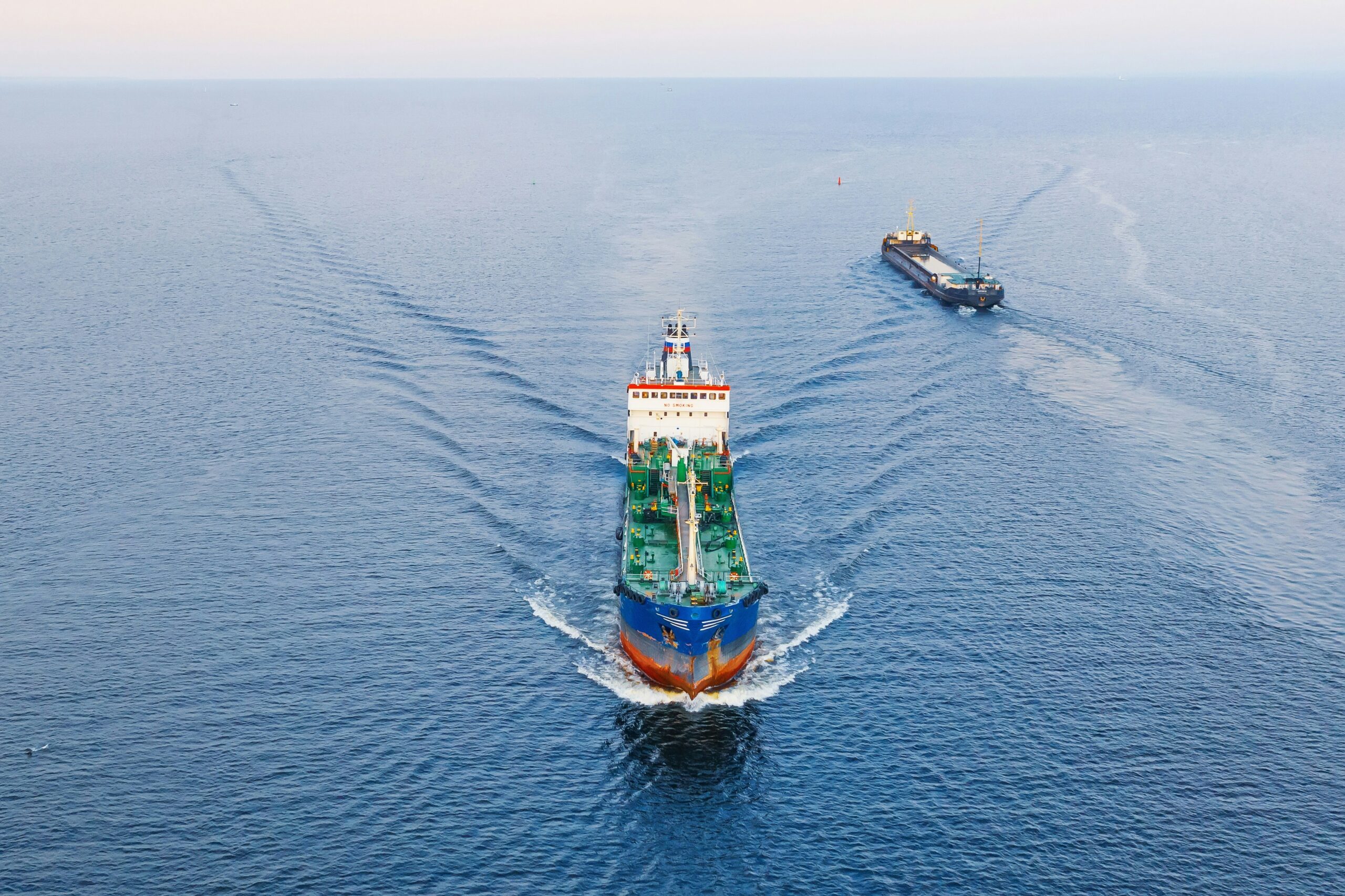
The maritime industry plays a crucial role in the global oil and gas sector, ensuring the efficient transportation of resources worldwide. However, managing oil and gas ships comes with its own unique set of challenges. These challenges require expert insight, specialized skills, and a deep understanding of maritime operations and the specifics of the oil and gas industry. In this article, we’ll explore key insights from industry experts into managing oil and gas ships and overcoming common obstacles in this critical sector.
Understanding the Complexities of Oil & Gas Ship Management
Oil and gas ships are not just vessels but highly specialized, complex machines designed to transport some of the world’s most valuable and hazardous commodities. Effective management of these ships requires a blend of technical knowledge, operational expertise, and regulatory compliance.
The first challenge is ensuring safety on board. Oil and gas ships are high-risk environments, particularly those that transport crude oil, liquefied natural gas (LNG), and refined products. Safety protocols must be followed rigorously to prevent accidents, such as oil spills or fires. Regular drills, proper crew training, and adherence to safety standards are essential in minimizing risks to human life and the environment.
Regulatory Compliance and Environmental Considerations
Compliance with international maritime regulations is another significant challenge. Organizations involved in oil and gas ship management must adhere to standards set by various regulatory bodies such as the International Maritime Organization (IMO) and local authorities. These regulations cover everything from ship design and construction to waste management and emissions control.
In recent years, environmental concerns have become even more pressing. Regulations such as the IMO’s sulfur cap mandate a reduction in sulfur emissions, which affects how oil and gas ships are powered and operated. Many companies are investing in fuel-efficient technologies and low-sulfur fuels to comply with these regulations. Additionally, the industry is increasingly focusing on reducing its environmental footprint through innovations in hull design, ballast water treatment, and emissions control technologies.
Optimizing Operational Efficiency
The efficient operation of oil and gas ships is fundamental to successful ship management. Operating costs can quickly spiral if boats are not appropriately maintained or fuel efficiency is not optimized. Experts emphasize the importance of predictive maintenance to reduce the chances of equipment failure while avoiding expensive repairs and unscheduled downtime. Leveraging technologies such as Internet of Things (IoT) sensors and data analytics can help operators monitor equipment health in real-time and predict when maintenance is needed before a breakdown occurs.
Furthermore, the logistics of oil and gas shipping can be complex. Effective scheduling, route planning, and inventory management are vital to running operations smoothly. Ship managers must also account for external factors such as weather conditions, political risks, and market volatility, which can affect shipping schedules and costs.
Managing Crew and Personnel
A well-trained crew is the backbone of any successful oil and gas ship operation. Ship owners and operators must prioritize recruiting, training, and retaining skilled personnel. Crew members must be familiar with the intricate workings of the ship, safety procedures, and the specific needs of the oil and gas industry.
Furthermore, managing crew welfare is an ongoing challenge, mainly when ships operate in remote areas for extended periods. Appropriate living conditions, mental health support, and regular rotations can help maintain morale and performance. Effective communication and leadership on board are also crucial for ensuring that operations run smoothly and that any issues are addressed promptly.
Adapting to Technological Advancements
Technology is rapidly changing the landscape of oil and gas ship management. Automation, remote monitoring, and advanced navigation systems are improving the efficiency and safety of oil and gas vessels. Additionally, innovations in propulsion technology, such as LNG-powered engines, are helping the industry reduce its environmental impact while maintaining high operational efficiency.
Experts predict that advancements in digitalization and artificial intelligence will drive the future of oil and gas ship management. These technologies will further enhance the ability to monitor performance, predict issues, and optimize operational processes. Using big data and AI-powered systems can significantly improve decision-making, leading to cost savings and better resource allocation.
Mastering the challenges of oil and gas ship management is no small feat. The maritime industry faces many hurdles, from safety and regulatory compliance to operational efficiency and crew management. However, these challenges can be overcome with the right expertise, technology, and a commitment to continuous improvement. As the oil and gas sector evolves, so will the strategies and technologies enabling successful ship management, ensuring that the industry remains a cornerstone of global energy supply.